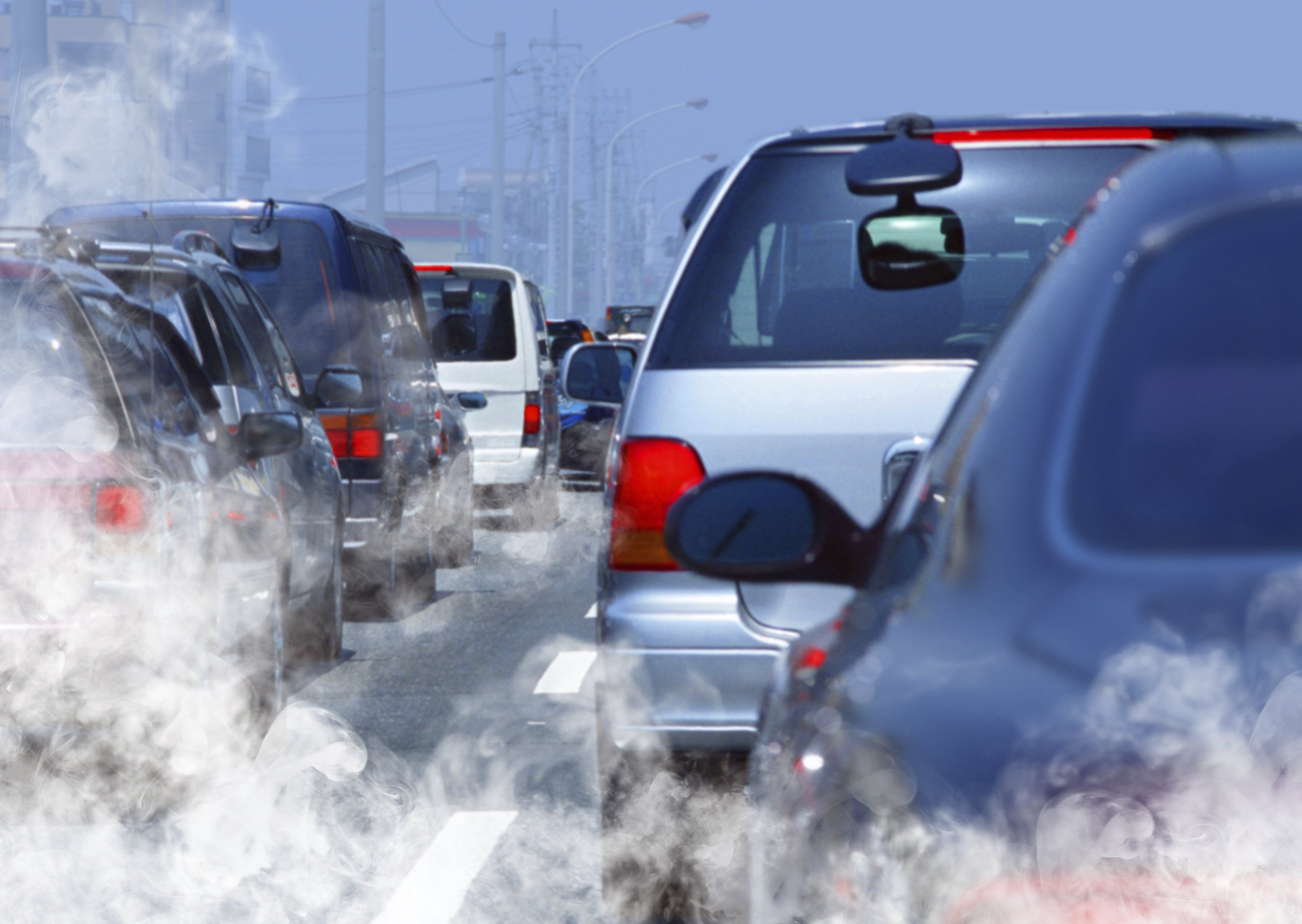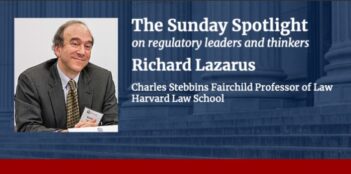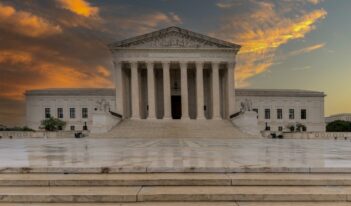
Institute for Law and Economics panel examines the automaker’s corporate culture and regulatory violations.
In the few months since the news broke that Volkswagen had cheated on emissions tests for millions of its vehicles, the company has appointed a new CEO, changed its board of directors, hired renowned victim compensation expert, Kenneth Feinberg, to administer a claims fund, and watched its stock price fall by more than thirty percent.
Such dramatic developments have inspired reflection among industry competitors and academics alike. A panel discussion in January, organized by three LLM students and hosted by the Institute for Law and Economics at the University of Pennsylvania Law School, featured experts from across the legal and business spectrum who examined the corporate and regulatory issues underlying Volkswagen’s decision to “defeat” government emissions tests and the consequences of these regulatory violations down the road.
Penn Law Professor Jill Fisch moderated the event and started the conversation by focusing on Volkswagen’s corporate context. She introduced Martin Gelter, a professor at Fordham University School of Law, who remarked on requirements specific to German corporate law that impact Volkswagen’s corporate governance options. For example, German law requires a two-tiered board structure, with a supervisory level and a management level. Volkswagen’s supervisory board also includes eight employee representatives. Several artifacts of Volkswagen’s privatization in the 1960s also impact corporate decision-making, Gelter noted, including requirements in the company’s charter documents that state government representatives retain board seats and higher voting thresholds for plant closures.
Although Volkswagen’s corporate governance requirements differ from those of U.S. companies, a cutthroat corporate culture might be more to blame in motivating Volkswagen employees to defy emissions standards set by the U.S. Environmental Protection Agency (EPA), pointed out another panel participant, John Paul MacDuffie, a Professor of Management at the Wharton School who studies the auto industry. Aggressive sales goals, including the company’s aim to increase sales in the United States by five-fold and thereby surpass Toyota as the top vehicle seller globally, dominated Volkswagen’s strategy in the years leading up to the decision to install the cheating software, MacDuffie noted.
Despite the stringent diesel emissions standards in the United States, MacDuffie argued that Volkswagen’s CEO did not want to compromise on the automaker’s demanding sales targets. In hindsight, the cheating seems less surprising. Volkswagen executives apparently considered the California diesel emissions standards “unrealistic,” according to MacDuffie. Yet the automaker’s 2009 models introduced a “clean diesel” solution and almost immediately began winning green car awards. Six years later, the public learned that instead of meeting the EPA’s standards, Volkswagen had evaded them with defeat devices.
Although Volkswagen’s corporate values would seem to require major repair, another panelist pointed to a second problem the emissions scandal revealed: the limitations of governmental oversight. The Honorable Cheryl Ann Krause, who serves as a judge on the U.S. Court of Appeals for the Third Circuit, observed that U.S. agencies’ limited enforcement resources apparently had permitted Volkswagen to evade detection for years. Krause noted that private parties, not regulators, uncovered two of the most significant transgressions by automakers in recent history: a personal injury attorney discovered General Motors’ (GM) defective ignition switches, and engineers at a small non-profit organization revealed Volkswagen’s alleged cheating.
As federal agencies have faced resource constraints, strong whistleblower protections have become a critical aspect of regulatory enforcement, said Krause. In the United States, the U.S. Securities and Exchange Commission (SEC) has an entire office dedicated to working with and protecting whistleblowers. Offering “affirmative financial incentives” to those who come forward to report corporate wrongdoing cements the whistleblower’s role in regulatory enforcement, Krause noted. The SEC has authority to pay out up to thirty percent of the fines it collects to those who report violations. According to Krause, the number of whistleblowers at Volkswagen who stepped forward—reports indicate up to 50 employees did so—demonstrates that those kinds of incentives can work.
Another panel participant, Jason M. Halper, a securities litigation specialist at the law firm Orrick, Herrington & Sutcliffe LLP, discussed the importance of the relationships companies cultivate with regulatory officials. When asked how he would counsel Volkswagen, Halper, who advises companies facing regulatory investigations, said common sense should govern how firms approach their regulators. If you lose credibility with regulators, Halper cautioned, “it’s very, very hard to get that back.”
Earnest efforts to remedy deficiencies help establish a company’s credibility and could even help a non-compliant company negotiate a lower fine, Halper explained. Seemingly petty gestures, however, could motivate regulators to double-down on their investigation. As an example, Halper pointed to GM’s CEO, Mary Barra. In the wake of GM’s ignition switch crisis, Barra publicly accepted responsibility and testified before Congress, among other actions signaling that GM took the problem seriously and was working to prevent future safety incidents. Looking to Volkswagen’s behavior, Halper wondered if the automaker was “trying to play both ways.” Although the CEO’s resignation and the company’s admission of wrongdoing convey that Volkswagen acknowledges the gravity of its violations, the company’s one-thousand dollar voucher offer to owners of non-compliant vehicles appears somewhat shallow, suggested Halper.
Although the EPA has yet to announce formally a markedly broader investigation into emissions cheating throughout the entire auto industry, the panelists agreed that it may only be a matter of time before the agency undertakes such an inquiry. Other nations are also taking action; French officials recently stepped up vehicle testing efforts and began investigating whether other automakers had cheated emissions requirements there. As investigations continue, Volkswagen’s competitors may benefit from reflecting on the pressures that their own corporate cultures create, and from working proactively with regulators.



